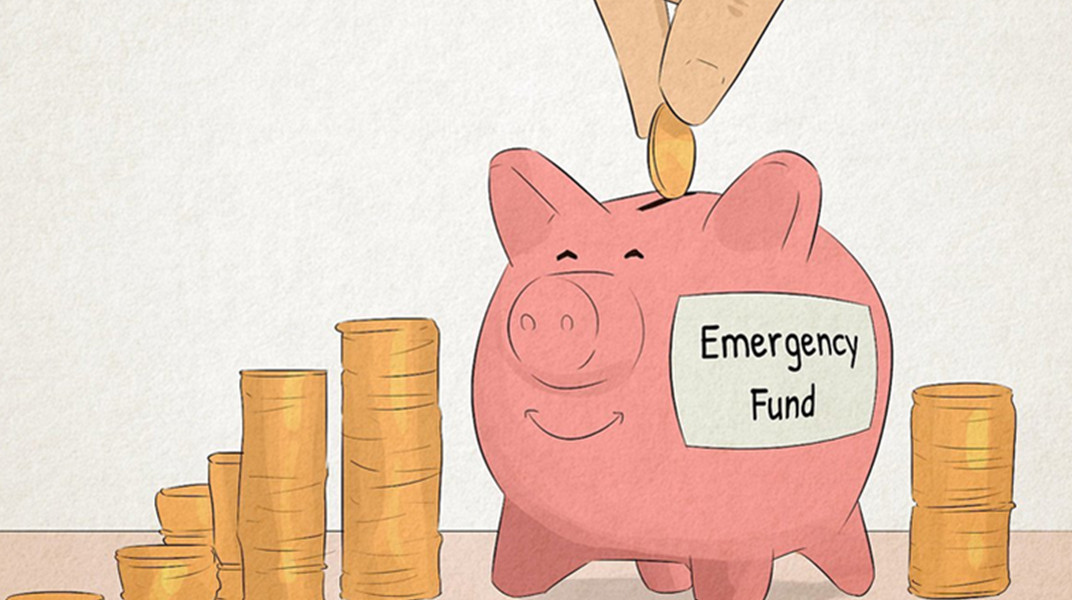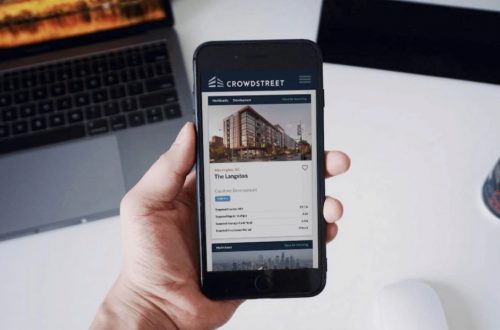In today’s fast-paced, consumer-driven society, managing your finances effectively is more important than ever. At the heart of this financial management lies a simple yet powerful tool: a budget.
Budgeting is the process of making a plan for your money. It ensures you know where your money is going and helps you allocate it based on necessities, needs, and savings. A well-designed budget has no restrictions; rather, it gives you the freedom to spend without guilt or worry, knowing that your basic needs and financial goals are well taken care of.
The first step in budgeting is understanding your income and expenses. Document all your sources of income and list your monthly expenses. This includes fixed expenses like rent or mortgage, utilities, and car payments, as well as variable expenses like groceries, entertainment, and personal care.
Next, categorize your spending as needs, wants, savings, or debt repayment. This is known as the 50/30/20 rule, where 50% of your income should be spent on wants, 30% on needs, and the remaining 20% on savings or paying down debt. This rule is for reference only and can be adjusted according to individual circumstances.

Once a budget is determined, the key to success is consistency and review. Regularly tracking your spending against your budget can help identify any deviations and make necessary adjustments. It’s important to review your budget regularly to make sure it fits your current financial situation and goals.
Creating a budget is not about depriving yourself of enjoyment. This is about making informed decisions to ensure financial stability and freedom. It allows you to understand your spending habits, reduce unnecessary expenses, and prioritize your financial goals.
A budget is more than just a tool; This is a lifestyle change. Embrace it and you’ll find yourself on the path to financial peace and prosperity.





